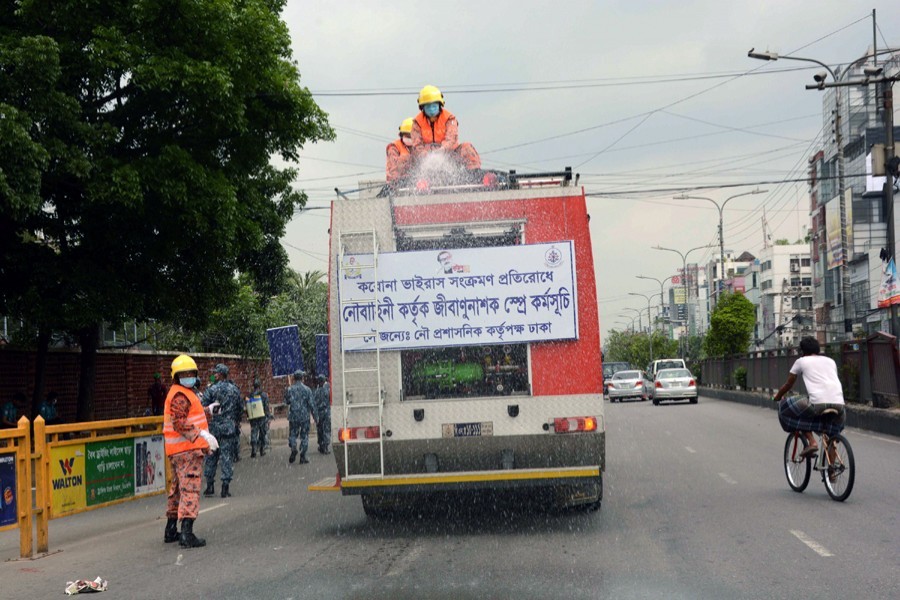With the lifting of stay-home regulation and reopening of the public sphere for activities of all sorts, albeit on a limited scale, things are back to normal in the 'new nornmal' scenario. Staying home for around three months was kind of a torture not just for the outgoing type but more than so for millions of people dependent on small and informal businesses countrywide. What is sadly ironical is that the authorities called for semi lockdown in mid-March when daily deaths ranged from four to eight, and now with the number mounting to forty or any figure close to it a day and that of infection reaching newer highs, the curb is loosened. It seems the authorities did not want to lag behind China, South Korea and also some European countries, but what they knowingly or unknowingly missed or wilfully ignored was the situation in those countries following their intense and unrelenting fight to contain the pandemic to a level where gradual or phased reopening with strict enforcement was no longer a potential threat.
True, the situation in this country with its impoverished millions is no match for situations in many countries which are better off-- courtesy of their economic resilience and well-equipped healthcare system. Worse perhaps is the fact that here the informal economy reliant on small and micro businesses provides the major chunk of employment and earnings for scores of low-income people on a day-to-day basis. No doubt, this is an extremely serious concern for the government that did prompt reopening. But surely the timing was wrong when things were worsening with threats of the pandemic turning from moderate to severe. There are reports in newspapers that with the ill-timed reopening, the country is set to becoming a hotspot of Covid-19. Highways, city streets, shops, market places are abuzz with crowds. People are seen scrambling and jostling in long queues in banks, superstores, bus stops-- everywhere. Though there are many with masks on their faces, safety is the foremost casualty with no compliance whatsoever in maintaining minimum physical distance. There are long queues, too, in front of hospitals for testing-- a veritable place for spread of infection.
Although the government's National Technical Advisory Committee on May 28 suggested reopening in phases, warning that the situation might worsen if safety measures were not strictly implemented has apparently fallen on deaf ears. The government has announced that public transport would ply on a limited scale. In order to make up for losses, bus fares have been raised 60 per cent. Road, Transport and Bridges Minister Obaidul Quader gave instructions that buses should keep 25-30 per cent seats vacant and must not carry standing passengers while plying the roads from May 31. Unfortunately, his instructions are not being heeded to. Similarly, activities on a limited scale in all other areas have run amok.
The authorities should have understood that limited scale does not fit in a densely packed land like this. All they could have done, and can still do is strictly enforce the safety protocols in public places. If this can be done, the country may stand the chance of averting an impending calamity.


